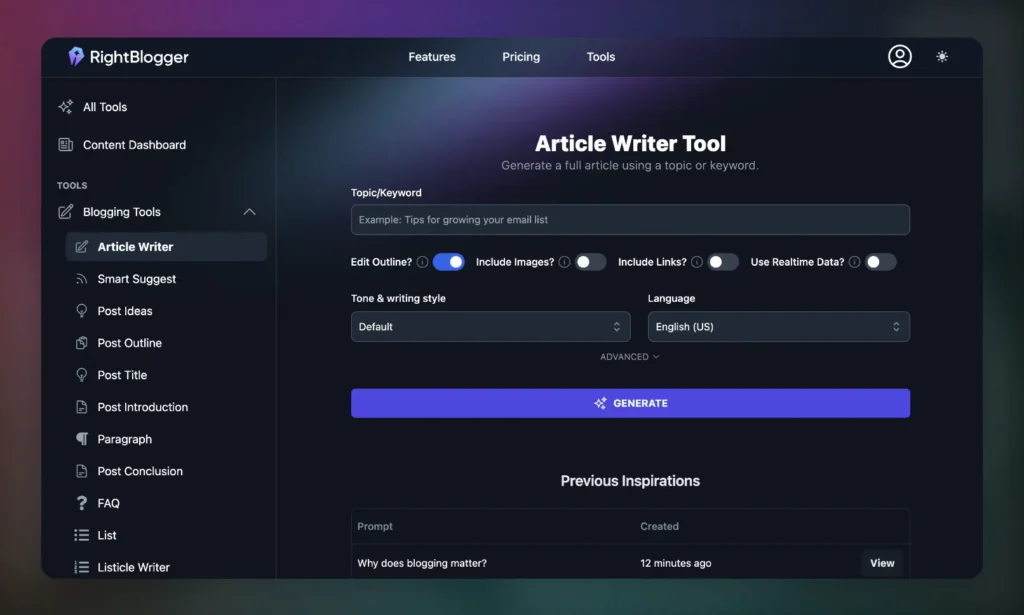As the demand for advanced technological solutions continues to grow, AI software has become a game-changer for businesses across various sectors. In this rapidly evolving digital era, it is essential for professionals to understand the true potential of AI software and how it can reshape their industry. This article explores the fascinating world of AI software, shedding light on its definition, benefits, applications, and the lesser-known aspects that are crucial to grasp.

What is AI Software?
AI software refers to a suite of applications, algorithms, and tools designed to replicate human-like intelligence and decision-making processes. Powered by machine learning, natural language processing, and deep learning techniques, AI software enables systems to analyze vast amounts of data, learn from patterns, and make informed decisions without explicit programming. It acts as a virtual brain, processing complex information and providing actionable insights to optimize processes and drive innovation.
Example: One example of AI software is a virtual assistant that uses natural language processing to understand and respond to human queries. It can analyze spoken or written input, extract relevant information, and provide accurate and personalized responses. This type of AI software is increasingly used in customer support to provide instant assistance and improve overall customer experience.
The Benefits of AI Software
Enhanced Efficiency
AI software automates repetitive tasks, freeing up valuable time and resources for professionals to focus on more strategic activities. It streamlines workflows, reduces errors, and improves overall operational efficiency.
Example: AI software can be utilized in data entry tasks, where it can scan and extract information from various documents, such as invoices or forms. This automation not only saves time but also reduces the likelihood of human error, leading to increased efficiency and productivity.

Data-driven Decision Making
By analyzing large datasets in real-time, AI software uncovers patterns, trends, and correlations that humans might overlook. This enables professionals to make data-driven decisions, leading to improved outcomes and better business strategies.
Example: In the financial sector, AI software can analyze vast amounts of historical market data, identify patterns, and predict future market trends. This information empowers investment professionals to make informed decisions, optimize portfolios, and maximize returns for their clients.
Improved Customer Experience
AI-powered chatbots and virtual assistants enhance customer interactions by providing instant support, personalized recommendations, and 24/7 availability. This fosters customer satisfaction, loyalty, and ultimately, business growth. E-commerce platforms often utilize AI software to provide personalized product recommendations to customers based on their browsing history and purchase behavior. This enhances the customer experience by offering relevant suggestions, leading to increased customer engagement and sales.
Predictive Analytics
AI software excels at predictive modelling, enabling professionals to anticipate market trends, customer behavior, and potential risks. This foresight allows businesses to adapt and stay ahead of the competition. In the healthcare industry, AI software can analyze patient data and medical records to predict the likelihood of certain diseases or conditions. This information assists healthcare professionals in proactively implementing preventive measures and delivering personalized treatment plans.

Applications of AI Software
AI software finds applications in various industries and domains. Here are some prominent examples:
Ai in Healthcare
AI-powered software aids in diagnosing diseases, analyzing medical images, and developing personalized treatment plans. It enhances patient care and enables healthcare professionals to make accurate and timely decisions. AI software can assist radiologists in analyzing medical images such as X-rays, MRIs, or CT scans. By applying pattern recognition and anomaly detection algorithms, AI software can help identify potential abnormalities or indications of diseases, improving diagnostic accuracy
Ai in Finance
AI software facilitates fraud detection, algorithmic trading, and personalized financial advice. It enhances risk management, improves investment strategies, and automates routine financial tasks. AI software is used in fraud detection systems to analyze transactional data and identify suspicious patterns or anomalies that could indicate fraudulent activity. This helps financial institutions protect their customers’ assets and prevent financial crimes.

Ai in Marketing and Advertising
AI software analyzes customer behavior, preferences, and demographics to deliver targeted marketing campaigns. It optimizes advertising, improves lead generation, and enhances customer segmentation. AI software can analyze large datasets of customer interactions, purchase history, and social media engagement to create detailed customer profiles. This information enables marketers to tailor their marketing messages, create personalized campaigns, and deliver relevant content to target audiences.
AI Software: What They Don’t Tell You
Unintended Biases in AI Algorithms
While AI software holds immense potential, it is essential to be aware of the potential for unintended biases in AI algorithms. In scenarios where AI systems are trained on biased datasets or lack diverse representation, they may inadvertently perpetuate existing biases or discriminate against certain groups. This highlights the need for ongoing monitoring and evaluation to ensure fairness and mitigate unintended biases in AI software.
Example: Imagine a financial institution using AI software to automate loan approvals. If the training data predominantly consists of loan approvals from specific demographics, the AI algorithm may unknowingly favor those demographics over others, perpetuating biased lending practices. This underscores the importance of regularly auditing and updating AI algorithms to address and rectify such biases.

Ethical Dilemmas in Autonomous Decision-Making
As AI software becomes more sophisticated, it can make autonomous decisions that impact human lives and raise ethical dilemmas. In scenarios where AI software is entrusted with critical decision-making tasks, such as autonomous vehicles choosing between potential accidents, complex ethical questions arise. Balancing utilitarian considerations, individual safety, and moral responsibility becomes crucial, highlighting the need for careful ethical frameworks and human oversight in AI software implementation.
Example: Consider a self-driving car encountering a sudden obstacle on the road. The AI software must make a split-second decision, choosing between swerving and potentially endangering the passengers or maintaining course and risking harm to pedestrians. The ethical considerations surrounding these decisions, often involving the value of human lives, emphasize the necessity of comprehensive ethical guidelines and human intervention in AI software development.
Privacy and Security Risks in AI Software
The extensive use of data in AI software raises concerns regarding privacy and security. AI systems are built upon vast amounts of personal and sensitive information, which, if mishandled or compromised, can result in severe consequences. Protecting data privacy, ensuring robust security measures, and maintaining user trust become pivotal in the adoption and implementation of AI software.
Example: Imagine an AI-powered virtual assistant that records and processes voice interactions to provide personalized assistance. If the data from these interactions is inadequately secured or shared without consent, it poses a significant risk to user privacy. Safeguarding data, implementing encryption measures, and obtaining informed user consent are vital steps to address privacy and security risks associated with AI software.
By being aware of these scenarios and actively addressing the challenges they present, professionals can make informed decisions, establish safeguards, and ensure the responsible and ethical use of AI software.
Summary:
- Unintended biases in AI algorithms can arise if not carefully monitored and addressed.
- Ethical dilemmas can arise when AI software makes autonomous decisions with potential consequences.
- Privacy and security risks must be managed to protect user data in AI software implementation.
Stay vigilant and actively address these challenges when implementing AI software. Regularly assess and address unintended biases, establish ethical frameworks for autonomous decision-making, and prioritize privacy and security measures to ensure the responsible and beneficial use of AI software.
Ai Software, Concluded
AI software has revolutionized the way businesses operate, offering unprecedented opportunities for efficiency and innovation. By understanding the definition, benefits, applications, and lesser-known aspects of AI software, professionals can harness its power to drive success in their respective industries. Embracing AI software with a strategic mindset, continuous learning, and a focus on ethical implementation will empower professionals to unlock the full potential of this transformative technology.
In the ever-evolving professional landscape, staying informed about AI software is not just an option; it’s a necessity. Embrace the power of AI software and embark on a journey of enhanced efficiency and innovation today.
Remember, when adopting AI software, choose trusted providers with a track record of delivering reliable solutions. Seek recommendations, read reviews, and evaluate their expertise in your industry. This will ensure that you make informed decisions and choose AI software that aligns with your specific needs and goals.
As you embark on your AI software journey, stay open to exploration and experimentation. Keep yourself updated with the latest advancements, trends, and best practices in the field. Engage with communities and attend industry conferences to network with like-minded professionals and gain insights from experts. By embracing a learning mindset, you can maximize the value and impact of AI software in your professional endeavours.
In summary, AI software is a game-changer that has the potential to transform industries, enhance productivity, and fuel innovation. By leveraging its power, professionals can automate tasks, make data-driven decisions, and unlock new opportunities for growth. Understanding the definition, benefits, applications, and lesser-known aspects of AI software will empower you to harness its full potential and stay ahead in today’s competitive landscape.
So, don’t shy away from exploring AI software. Embrace its potential, and let it propel you toward a future of efficiency, innovation, and success.